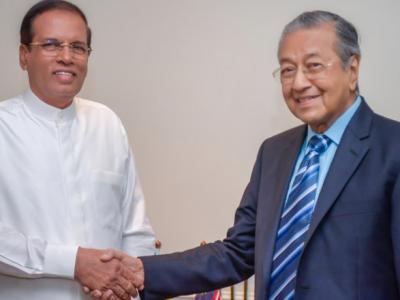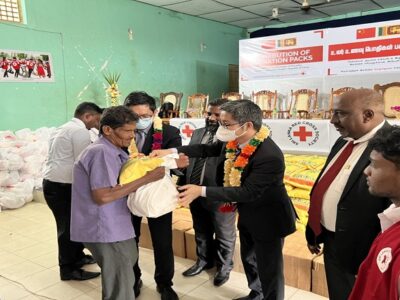(COLOMBO, LANKAPUVATH) – The Executive Board of the International Monetary Fund (IMF), this week approved the disbursement of the third tranche of Sri Lanka’s Extended Fund Facility (EFF) amounting to US $167.2 Million.
“Sri Lanka’s performance under the fund supported program has been broadly satisfactory. Macroeconomic and financial conditions have been stable, despite severe weather events and global market volatility,” Acting Chair and Deputy Managing Director Mitushiro Furusawa said. “The authorities launched fundamental income tax reform, undertook meaningful corrective actions to achieve program targets on international reserves and remain committed to the reform program.”
He however noted that inflation and credit growth remain on the high side. “While monetary policy was tightened in March, further tightening is desirable until clear signs emerge that inflation pressures and credit expansion have subsided.”
The approval of the third tranche comes after the government tabled a new Inland Revenue Bill. Governor of the Central Bank of Sri Lanka Dr. Indrajith Coomraswamy noted that he was hopeful of Sri Lanka receiving the third tranche once the new Inland Revenue Bill was tabled.
Meanwhile Moody’s investor Service in a statement released on June 30th said welcomed the new Inland Revenue Act citing that it would pave way for the third tranche of the IMF loan.
“Sri Lanka’s current Inland Revenue Act is a complicated tax scheme that hinders the transparency of taxed for potential investors in fixed and financial assets, limits the effectiveness of local tax officials’ supervision efforts, and contributes to a very low tax-to-GDP ratio, in particular the current Act does not efficiently deal with modern business structures and commercial transactions, including cross-border transactions.”
It was in June last year when Sri Lanka signed the IMF Extended Fund Facility agreement with stringent conditions for a US$ 1.5 Billion loan. The approval of the third tranche brings the total disbursement under the agreement to US $501.5 Million. The government’s reform program supported by the IMF aims to reduce the fiscal deficit, rebuild foreign exchange reserves and introduce a simpler more equitable tax system to restore macroeconomic stability and promote inclusive growth.



